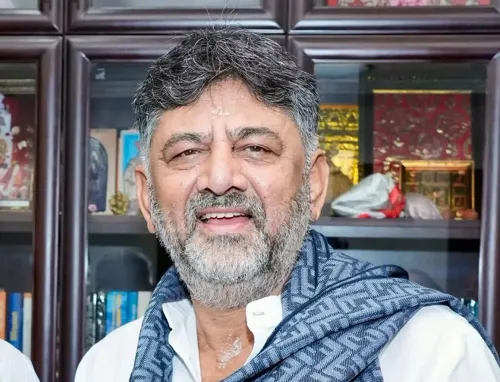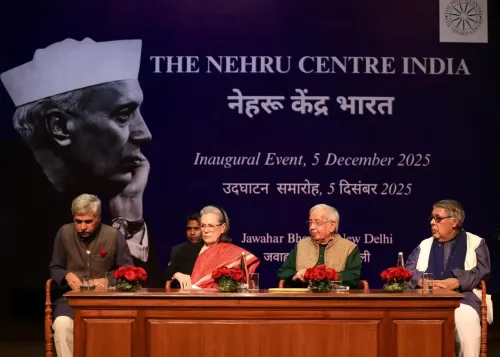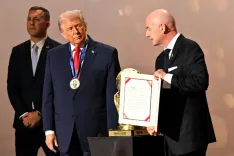Tax Incentives to Boost Spending and Savings: Analysts

Synopsis
Key Takeaways
- Increased minimum tax slab to Rs 12 lakh.
- Standard deduction for salaried taxpayers raised to Rs 75,000.
- Expectations of higher spending and savings among the middle class.
- New focus on demand generation in tax policies.
- Senior citizens benefit from doubled TDS limit.
Kolkata, Feb 1 (NationPress) Union Finance Minister Nirmala Sitharaman’s announcement to increase the minimum tax threshold to Rs 12 lakh from Rs 7 lakh under the new regime, along with a Rs 75,000 standard deduction for salaried individuals, is expected to enhance both spending and savings among the middle-class demographic in India, according to economists.
Former chief economic advisor to the Union government, Ashok Kumar Lahiri, shared with IANS that this initiative will result in greater disposable income for middle-class taxpayers, encouraging increased spending which will subsequently stimulate market demand, benefiting the nation's economy as a whole.
“However, it is a misconception to think that this money will solely promote spending while hindering savings. In fact, this proposal will enable middle-class taxpayers to save more while also increasing their spending. In conclusion, the initiative will simultaneously foster both spending and savings,” commented Lahiri, who is also a BJP legislator in the West Bengal Assembly.
Economist Probir Kumar Mukhopadhyay believes that this new tax initiative has rightly shifted focus towards demand generation after previously emphasizing supply. “An exclusive focus on the supply side cannot yield effective results without equal attention to the demand side. The proportion of additional income that taxpayers choose to spend versus save will vary individually. Nevertheless, the middle-class generally maintains a balanced ratio between expenditure and savings,” Mukhopadhyay stated.
Furthermore, economists welcome the adjustments in tax deductions at source (TDS) for senior citizens, which have been increased from Rs 50,000 to Rs 1,00,000. This change is particularly advantageous for senior citizens who rely significantly on interest income, and it’s anticipated to bring them joy. “This budget, for the first time in a while, is genuinely friendly towards the middle-class,” Mukhopadhyay remarked.










